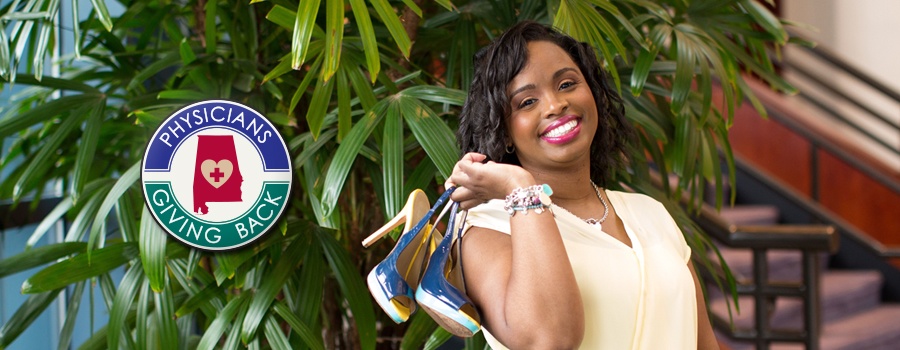Tag: direct
-

How to Have it All with Kre Johnson, D.O.
TRUSSVILLE – Dr. Kre Johnson knows what it’s like to be stretched so thin at work and at home to the point at which more than a few things begin to fall through the cracks. It’s something most of us can relate to. Not having enough time to devote to family, friends and clearing the…